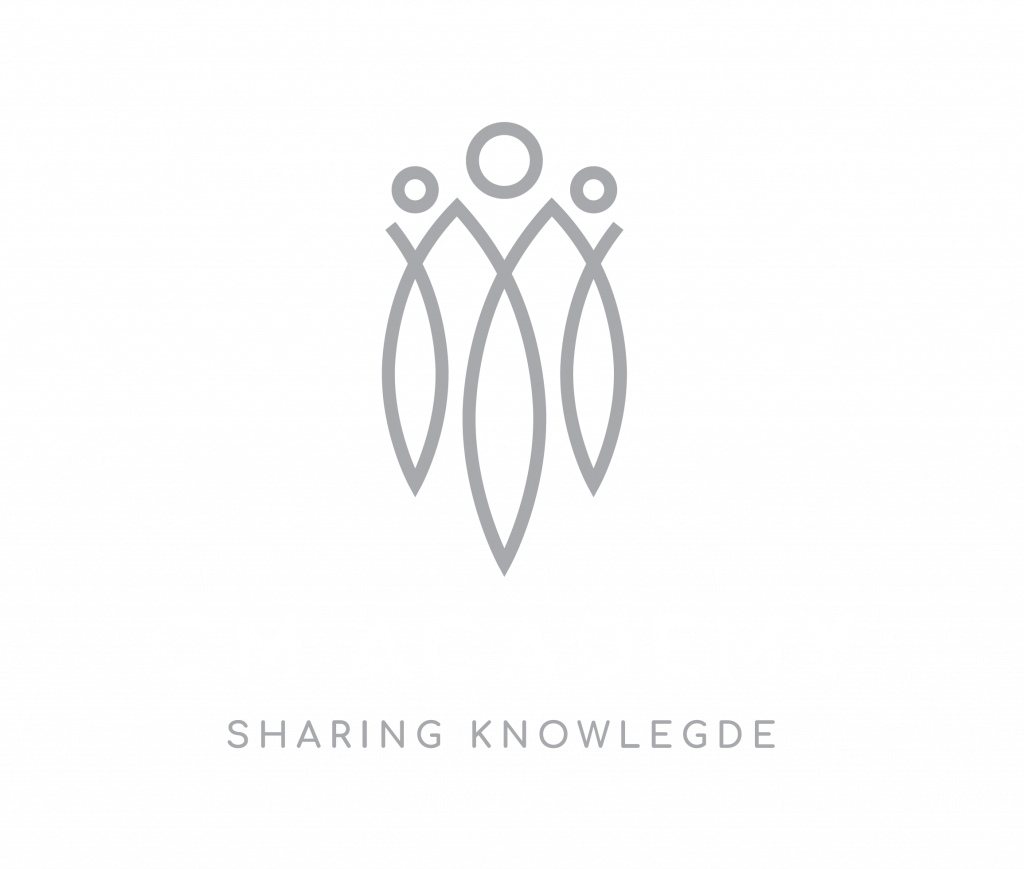A majority of business enterprises in the world are either family owned enterprises or trace their origins from a family business. It is estimated that more than 70% of the business enterprises are family owned businesses. Family owned businesses form the dominant type of business organizations ranging from small and medium-sized companies to large conglomerates that operate in multiple industries and countries. It is no doubt that these enterprises play an important role in the economy growth of the country.
However, statistics show that a majority of these family owned businesses do not last past the third generation of ownership. The reasons for the failure of family owned businesses are generally the same ones that could make any other business fail such as poor management, insufficient cash to fund growth, inadequate control of costs, industry and other macro conditions.
However, family owned businesses also have unique weaknesses that are peculiar to them due to their very nature.
The complex nature of family owned businesses with the added component of “family” in the governance structure and their informal nature present specific challenges for family owned businesses.
Family owned businesses that have been successful and outlived their founders and thrived for several decades have had proper governance structures put in place.
One key component of the governance structure for family owned business is having a Family Constitution.
What is a Family Constitution?
The family constitution is a statement of the principles that outline the family commitment to the core values, vision, and mission of the business.
The constitution also defines the roles, compositions, and powers of key governance bodies of the business i.e. family members/shareholders, management, and board of directors. In addition, the family constitution defines the relationships among the governance bodies and how family members can meaningfully participate in the governance of their business.
The family constitution can also be referred to as “Family Creed”, “Family Protocol”, “Statement of Family Principles”, “Family Rules and Values”, “Family Rules and Regulations”, and “Family Strategic Plan”
Informal Family Constitution
The term “Family Constitution” might sound a bit formal and “not for us”. However, it might not occur to you that your family already has an informal family constitution.
The fact is that in every family there will be a combination of assumptions, understandings and expectations that guide how the family makes important decisions; in other words “how we do things around here”.
The informal constitution usually reflects your family’s beliefs and attitudes in relations to a wide variety of important matters such as;
| ● Wealth | ● Family harmony |
| ● Health | ● Privacy |
| ● Religion | ● Work |
| ● Education | ● Fairness |
| ● Leisure | ● Relationships |
| ● Gender | ● Philanthropy |
One of the shortcomings of having an informal unwritten family constitution based on understandings, assumptions and expectations is that it is prone to misunderstanding, mistaken assumptions and unfulfilled expectations. You will hear family members say something like;
- “I assumed you would want to work in our family business”
- “I thought my spouse would get a job in the family business”
- “I had expected to become the next managing director”
- “I expected everyone would receive an equal share of the family business”
The usual response would be “What made you think that?”
In most cases, these misunderstandings occur between generations who have different ideas about key matters like wealth, succession, relationships and other life issues. These conflicts and disagreements can easily lead to disputes that can destroy the family business.
Written Family Constitution
Over time, the family and its enterprises usually become more complex; the family grows, ownership fragments as it passes through the generations and family enterprises expand and diversify both in terms of products and services and geographically. These changes will most often than not give rise to conflicts. Issues such as who will be the next managing director, how family members get employed in the business, how the profits of the business are distributed among family members will arise. Fortunately these challenges can be predicted in advance. The family can either wait for the issues to arise and become contentious and hope it will be resolved by the informal constitution of understanding, expectations and assumptions or they can be proactive and calmly discuss and agree in advance what will happen in the event these issues arise.
The informal unwritten constitution may not be adequate to address the challenges brought about by the growth of the family business. Families that plan for the future rather than leave it to chance prefer a written Family Constitution to an informal unwritten version.
Another argument for having a written Family Constitution is based on the notion that few family enterprises survive to the 3rd generation. The reason for this would be lack of an adequate governance structures to deal with challenges brought about by changes in the family and/or the business.
As the family owned business expands and goes through the various growth stages from (i) the Founder(s) Stage; (ii) the Sibling Partnership Stage; and (iii) the Cousin Confederation Stage, the interest of the various stakeholders will likewise change. They are never static. The response to these change is often to try to adopt by absorbing as many changes as possible without radically altering the informal family constitution. However, an informal constitution that worked well for a nuclear family is less likely to serve the interests of an expanded family that includes sibling, spouses, grandchildren and more so in the generation of cousins. What worked for the 1st generation may not necessarily work for the 3rd generation. The informal family constitution becomes outdated to keep abreast with changes in the family business. The family constitution is a living document that should evolve as the family and its business continue to evolve. As a consequence, it is necessary to regularly update the constitution in order to reflect any changes in the family and/or the business.
Conclusion
Success needs careful planning. Do not leave matters to chance and do not hope that an informal constitution will adopt naturally to fit changing circumstances.
The practical alternative to hoping for the best is to step up to the challenge of creating a bespoke, written Family Constitution.
As the family and/ or the business grows, a Family Constitution becomes paramount in ensure that you achieve the balance between a successful business enterprise and a successful family.

